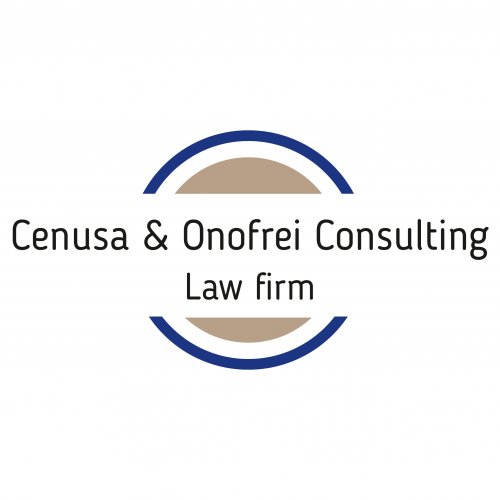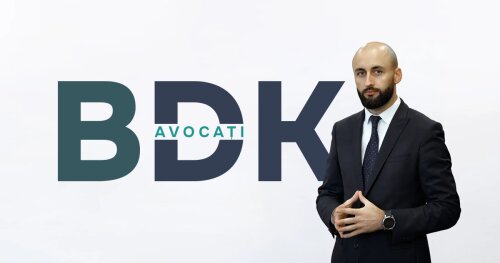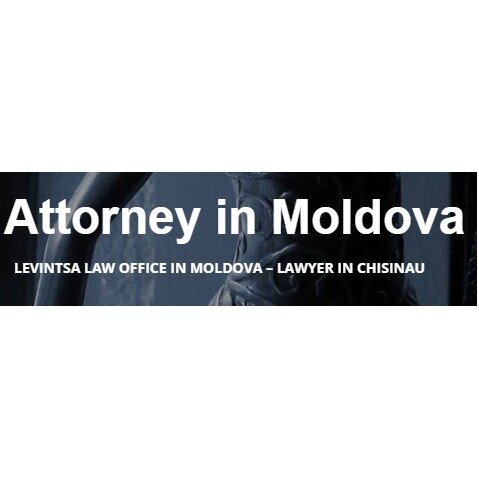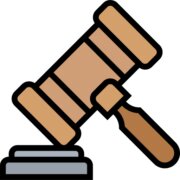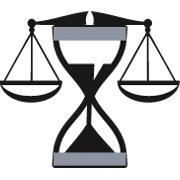Best Education Law Lawyers in Chisinau
Share your needs with us, get contacted by law firms.
Free. Takes 2 min.
List of the best lawyers in Chisinau, Republic of Moldova
About Education Law in Chisinau, Republic of Moldova
Education Law in Chisinau, Republic of Moldova, encompasses a broad range of legal issues and regulations governing the education system. This includes the rights and duties of students, parents, and educational institutions. The legal framework is shaped by Moldova's commitment to providing equitable access to education, ensuring educational quality, and protecting the rights of all parties involved in the educational process. Educational legislation covers basic education, higher education, vocational training, and special education needs.
Why You May Need a Lawyer
Individuals may seek legal assistance in the field of Education Law for various reasons. These include disputes over school admissions, issues of discrimination or bullying, problems related to special education needs, or challenges with academic policies and regulations. Educational institutions may require legal advice regarding compliance with national standards and regulations, handling grievances or disciplinary measures, and addressing employment law issues concerning staff.
Local Laws Overview
The educational system in Chisinau is regulated by national laws, including the Education Code of the Republic of Moldova. Key aspects include:
- Right to Education: Ensures free and compulsory access to education at the primary and secondary levels.
- Quality Assurance: Standards are set for educational quality, which schools and universities must meet.
- Non-Discrimination: Protects against discrimination based on race, gender, disability, or other grounds.
- Higher Education: Governs accreditation, funding, and administration of higher education institutions.
- Special Education Needs: Provides for the integration of children with special needs into mainstream education systems.
Frequently Asked Questions
What is the compulsory education age in Moldova?
Compulsory education in Moldova starts at the age of 6 or 7 and lasts until the age of 18.
Can a child be expelled from school?
Yes, but only under strict regulations and after all other disciplinary measures have been exhausted. An expulsion decision can be appealed to higher educational authorities.
How are special education needs addressed?
The law mandates inclusive education, requiring public schools to accommodate and support students with disabilities or learning difficulties.
What rights do parents have in the education system?
Parents have the right to be informed about their child's progress and the educational programs offered, and they can participate in the decision-making process regarding school policies.
Are there legal protections against bullying in schools?
Yes, schools are required to implement anti-bullying policies and take necessary actions to prevent and respond to bullying incidents.
What processes are in place for school grievances?
Complaints about school policies or practices should first be addressed at the school level. If unresolved, they can be escalated to district or national education authorities.
Can religious studies be part of the public school curriculum?
Religious studies can be included as an optional course, respecting the diverse confessional backgrounds of students.
Is homeschooling legal in Moldova?
Homeschooling is permitted under Moldovan law, but parents must ensure that the education provided meets national educational standards.
What are the rules for school admission?
Public schools must adhere to guidelines ensuring fair and transparent admission processes, with priority given based on catchment area and sibling attendance.
Are there language requirements for schools?
Instruction is primarily in Romanian, but schools offering teaching in minority languages or bilingual education are available.
Additional Resources
For further information and assistance, consider reaching out to the following resources:
- Ministry of Education, Culture, and Research: Provides oversight and resources related to educational policy and legislation.
- National Agency for Quality Assurance in Education and Research: Ensures compliance with educational standards.
- Moldovan Student Union: Offers support and advocacy for students in educational environments.
- Local Legal Aid Offices: Provide guidance and assistance in addressing legal education-related issues.
Next Steps
If you require legal assistance, start by identifying your specific educational issue. Consider consulting with a lawyer specialized in Education Law to gain insight into your rights and options. You might also seek advice from educational advocacy groups or contact the Ministry of Education for guidance on navigating your particular situation. Legal aid services are available if financial constraints are a concern.
Lawzana helps you find the best lawyers and law firms in Chisinau through a curated and pre-screened list of qualified legal professionals. Our platform offers rankings and detailed profiles of attorneys and law firms, allowing you to compare based on practice areas, including Education Law, experience, and client feedback.
Each profile includes a description of the firm's areas of practice, client reviews, team members and partners, year of establishment, spoken languages, office locations, contact information, social media presence, and any published articles or resources. Most firms on our platform speak English and are experienced in both local and international legal matters.
Get a quote from top-rated law firms in Chisinau, Republic of Moldova — quickly, securely, and without unnecessary hassle.
Disclaimer:
The information provided on this page is for general informational purposes only and does not constitute legal advice. While we strive to ensure the accuracy and relevance of the content, legal information may change over time, and interpretations of the law can vary. You should always consult with a qualified legal professional for advice specific to your situation.
We disclaim all liability for actions taken or not taken based on the content of this page. If you believe any information is incorrect or outdated, please contact us, and we will review and update it where appropriate.



